“The ultimate end of education is happiness or a good human life, a life enriched by the possession of every kind of good,
by the enjoyment of every type of satisfaction.”
— Mortimer Adler
As rightly mentioned in the lines above, education is the single most important variable for well-being and happiness. Commemorating the International Day of Happiness, Global March Against Child Labour is pleased to release its policy paper on ‘Out-of-School Children and Child Labour’. The policy paper is a re-iteration of Global March’s strategy of the Triangular Paradigm – the elimination of child labour, achievement of Education for All (EFA) and poverty alleviation are inter-connected global goals and thus access to education is one of the key components within the broader poverty alleviation strategy.
Speaking at the launch of the policy paper, Chairperson Kailash Satyarthi once again stressed on the importance of education for all,“While celebrating the UN designated International Day of Happiness, I would reiterate that happiness begins from the smile and joy of a well protected child, and ends with the sadness of an exploited child. Education for all will be a distant dream without ending the scourge of child labour. Opportunities and a promising future for children can only be guaranteed with free education of good quality for all children.”
According to latest figures, there were 57 million out-of-school children of primary school age in 2011. The paper focuses particularly on the ‘hard-to-reach’ children and within them child labourers. Moreover, a large number of children engaged in the worst forms of child labour are a direct result of marginalisation in education. The document also explores the major obstacles to attaining universal primary education and eliminating child labour:
- Gender discrimination: Owing to vulnerabilities and gender biases, more girls than boys of primary school age remain out of school. With the gender parity index (GPI) being less than 0.90, girls drift into the labour force well before the minimum age of employment, which hampers their development.
- Conflicts: Conflict affected countries account for a large proportion of out-of-school children with 28.5 million children of primary age being out of school in conflict affected areas. Child labour elimination and EFA would only be possible if education is made to be a part of the wider peace-building agenda. For example, nearly 2 million children in the Syrian Arab Republic have dropped out of school because of conflict and displacement in the last year.
- Low quality and inequity in learning: Millions of children attending schools for several years do not master basic skills. Lack of teachers, overcrowding in classrooms, low school attendance are amongst the many reasons affecting the quality of education and learning.
- Insufficient funding and allocation to education: With the total aid to education reduced to 13.4 billion in 2011, the adverse impacts on the number of out-of-school children and child labourers are more pronounced than ever before. it is thus most pertinent to ensure that countries spend atleast 6% of their incomes on education as committed in the Dakar Framework.
- Low learning achievement: For attaining universal primary education it is important to ensure that all children are learning in school and staying in school. Low learning achievements characterised by children lacking in basic literacy and numeracy skills pose a challenge for universal primary education and reduce the capabilities and life chances of the children.
Haldis Holst, Deputy General Secretary of Education International and Board Member of Global March aptly summed up, “No child should be deprived of the opportunity to go to school, it is a basic right. Therefore we must never give up on the hard -to -reach children. Free quality education cannot be a luxury for the few; it is a necessity for everyone. Sustainable quality education for all will not be achieved without appropriate investments in quality teachers, quality learning tools and the quality environments needed to facilitate teaching and learning.”
With less than a year for the ‘Education for All’ deadline, it is clear that none of the goals would be achieved globally by 2015. Unless governments, academicians, policy-makers, civil society and various other stakeholders look beyond 2015 and pledge their resources and will towards quality education, children will continue to pay the price.
